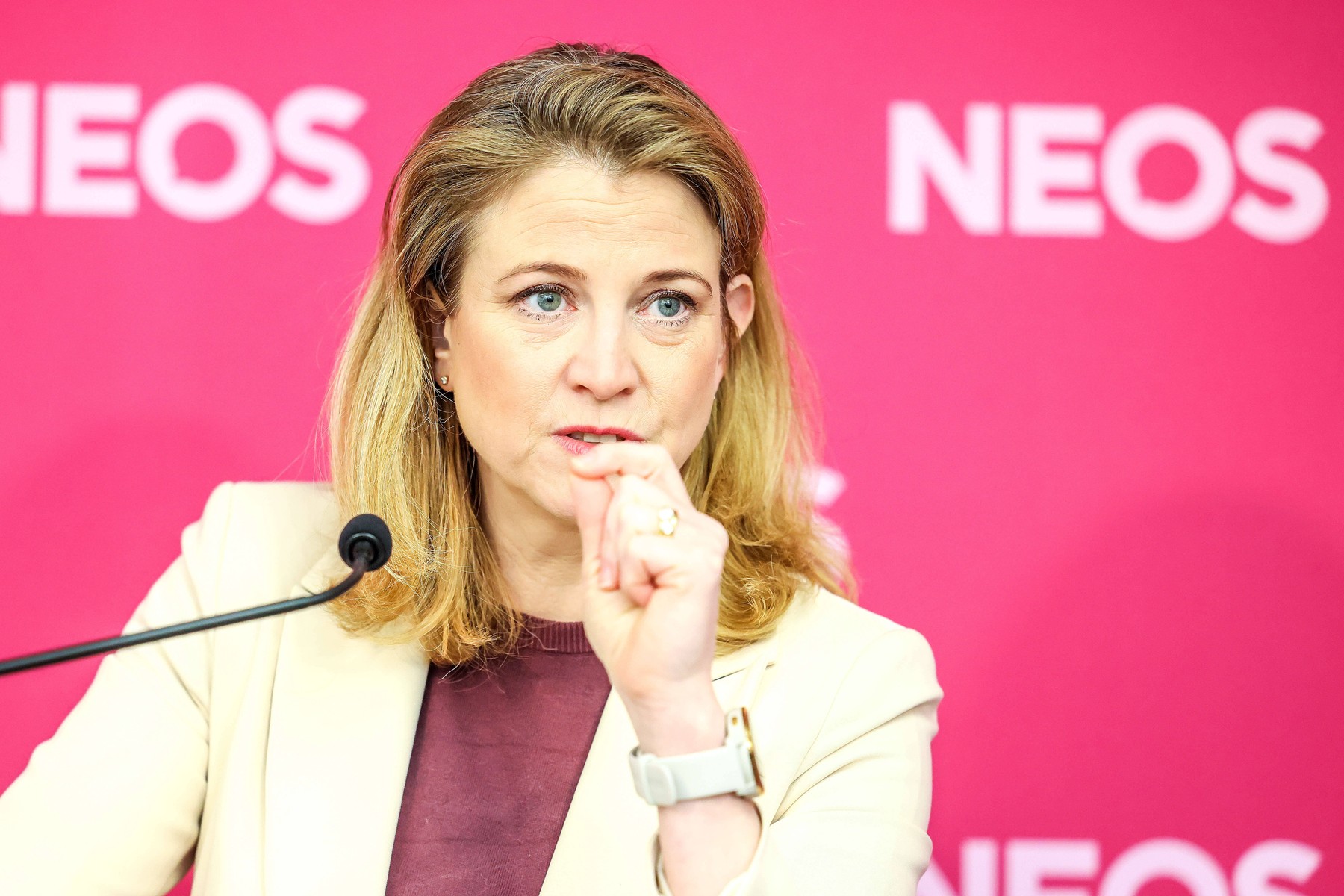
In Austria, where elections and difficult coalition talks are looming, Beate Meinl-Reisinger, head of a smaller but potentially pro-liberal party, is telling the bigger, older parties that they will have to face hard truths to win his support and keep the far right out of power.
The pro-Russian, anti-immigration and far-right Freedom Party (FPOe) has a clear lead in opinion polls, capitalizing on fears of galloping inflation and disillusionment with the ruling coalition of conservatives and greens, News.ro reported, citing Reuters. .
The elections, which will be held before the end of the mandate of the current parliament, in October, may be won by the FPO. But with the FPOe polling 30% of the vote, it will have to form a coalition to gain a majority in parliament and govern. It is not clear whether he will be able to do this, an alternative would be an alliance of at least three other parties, possibly including the Liberals with Neos.
“I’m telling the uncomfortable truth about what we have to do,” Neos president Beate Meinl-Reisinger told Reuters in an interview. “If we can’t move things forward, you will see the FPOe become even stronger,” she warned, pointing to a “deep crisis in Western democracies in general” with far-right parties strong or growing in the Netherlands, Poland. , France, Slovakia, Germany and Hungary.
What do Neos want?
Neos, a party founded 11 years ago similar to German Finance Minister Christian Lindner’s Free Democrats (FDP) and Britain’s Liberal Democrats, is often a lone voice pushing traditionally unpopular ideas, but continues to increase its share in the polls from 8% in 2019 up to 10% now.
They want to cut government spending, lower taxes and encourage people to retire later.
They were also the only ones to call for a debate on Austria’s neutrality following Russia’s invasion of Ukraine, arguing that it should be abandoned when it comes to solidarity with other EU member states. They favor greater integration into the EU, including a European army.
“We can’t go on like this,” says Meinl-Reisinger, 45. “Now we are getting poorer. We can no longer promise youth social advancement. They no longer believe that they will be better than their parents,” she says.

Beate Meinl-Reisinger, president of the Austrian party Neos (Photo: Michael Indra / imago stock&people / Profimedia)
Who are populists?
Meinl-Reisinger accuses the two parties battling for second place in the polls – the ruling People’s Party (OeVP) of conservative Chancellor Karl Nehhammer and the opposition Social Democratic Party (SPOe) – of populism.
She criticizes what she sees as excessive spending by the OeVP, particularly with regard to economic aid packages during the Covid-19 pandemic. She also attacks conservatives over corruption scandals, including the prosecutorial probe that forced then-Chancellor Sebastian Kurz to resign in 2021, though Kurz denies any wrongdoing.
At the same time, the Liberal leader strongly opposes SPOe’s plan to introduce wealth and inheritance taxes. “Many of our positions are obviously difficult for others to imagine,” she admits. “Now is the time to see what we can do together. I am convinced that it is possible to work with all sides,” she said.
Source: Hot News
Ashley Bailey is a talented author and journalist known for her writing on trending topics. Currently working at 247 news reel, she brings readers fresh perspectives on current issues. With her well-researched and thought-provoking articles, she captures the zeitgeist and stays ahead of the latest trends. Ashley’s writing is a must-read for anyone interested in staying up-to-date with the latest developments.